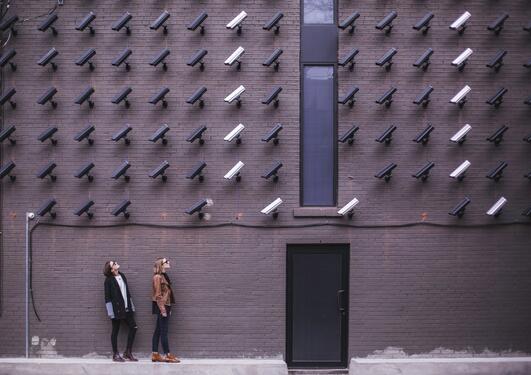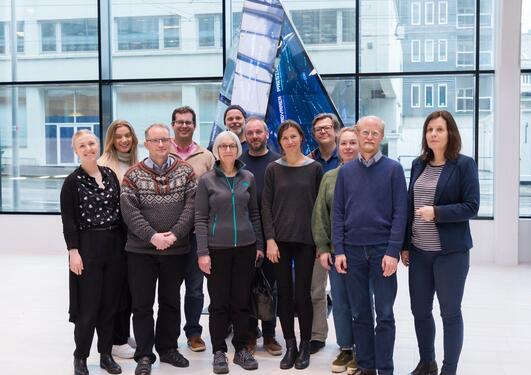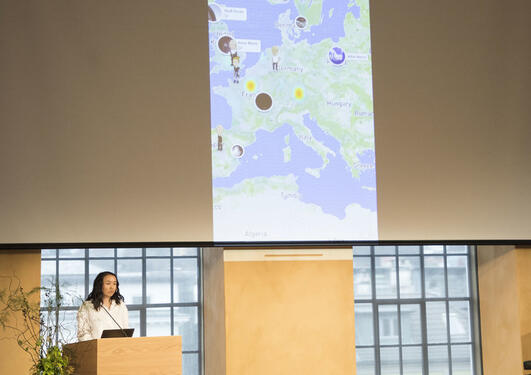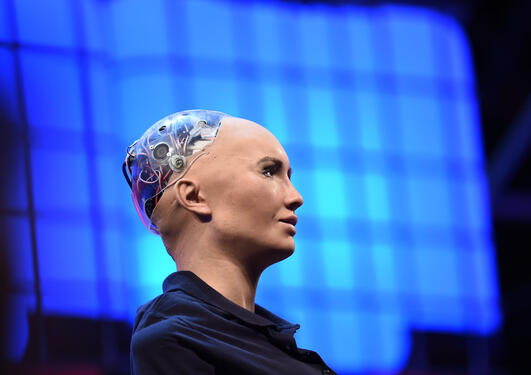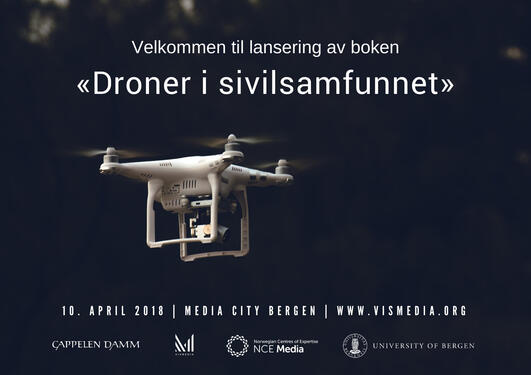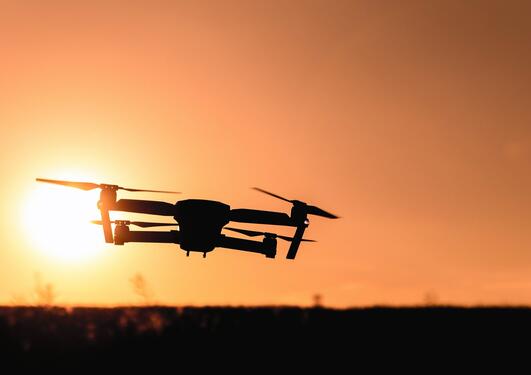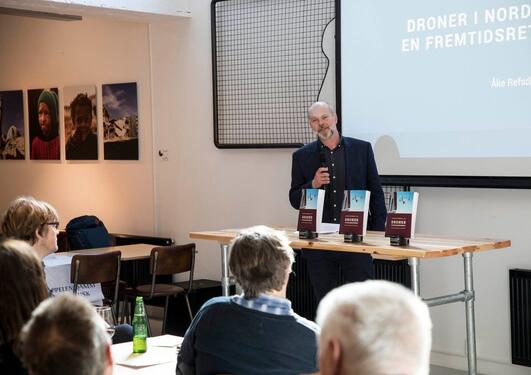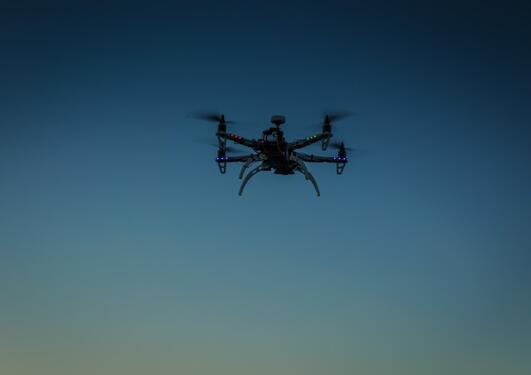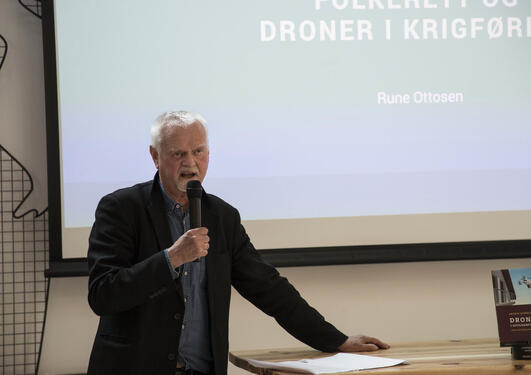News archive for ViSmedia
We live in a society where we watch and are being watched constantly.
The field of neural network technology is rapidly advancing in its ability to synthesize new content, whether that be videos, images, audio or text, that is at times almost indistinguishable from human-authored content. What happens when we no longer are able to distinguish whether people portrayed in a video actually exist or not?
What are social media bots and troll farms indications of? And what happens when broadcasters shift from offering appealing programs to the public, to using digital surveillance to pinpoint individuals?
After a successful Watching in the Media conference at the University of Bergen, the group of ViSmedia researchers held their biannual workshop at Media City Bergen.
"I had never met this man, but he knew where I lived, where I studied, where I used to hang out."
"I see the development of technology that can recognize emotions as something that can influence what kind of stories that are told, and how they're told", Deborah G. Johnson said at this year's ViSmedia conference.
Civil drones are about to become a billion dollar industry in Norway. What consequences will this have for privacy and security?
A new book is out on the shelves. According to reviews, it's a great introduction to Data-Driven journalism.
Drone challenges was the subject in question when University of Jyväskylä interviewed ViSmedia researcher Turo Uskali.
"If humanity is going to retake social media and push back against the tide of automated attention-manipulation, journalists need to get smarter themselves so as not to fall prey to these electric demons—and start covering bots, and their changing strategies, as a beat", Nicholas Diakopoulos claims.
"It's really about the phase we're in at the moment, where robotization and artificial intelligence are big trends that create great new opportunities, but also great challenges", Åke Refsdal Moe says.
The book "Responsible Drone Journalism" is out on the shelves, along with a great review fro University of Minnesota.
"If you think you as an individual are in control when you for example are scrolling down your Facebook feed, you haven't read the technological text on the wall".
"We're so close to our time, that some things disturb us even more", Øyvind Vågnes says in a radio debate about the dystopian tendency in modern TV series.
"Synthesized media could be just the thing that drives the public back into the arms of mainstream news organizations", Nicholas Diakopoulos writes.
Astrid Gynnild was recently interviewed by the University of Bergen (UiB). In the article that followed, she urges more debate about challenges and opportunities around drones.
A new generation drone weapons is on the way. In a published op-ed, Rune Ottosen urges the media to elevate the debate about these weapons.
This is one of the questions that are raised in a new book ViSmedia researcher Nicholas Diakopoulos has contributed to.
Pages
- September 2021 (12)
- August 2021 (87)
- July 2021 (33)
- June 2021 (1)
- December 2016 (1)
